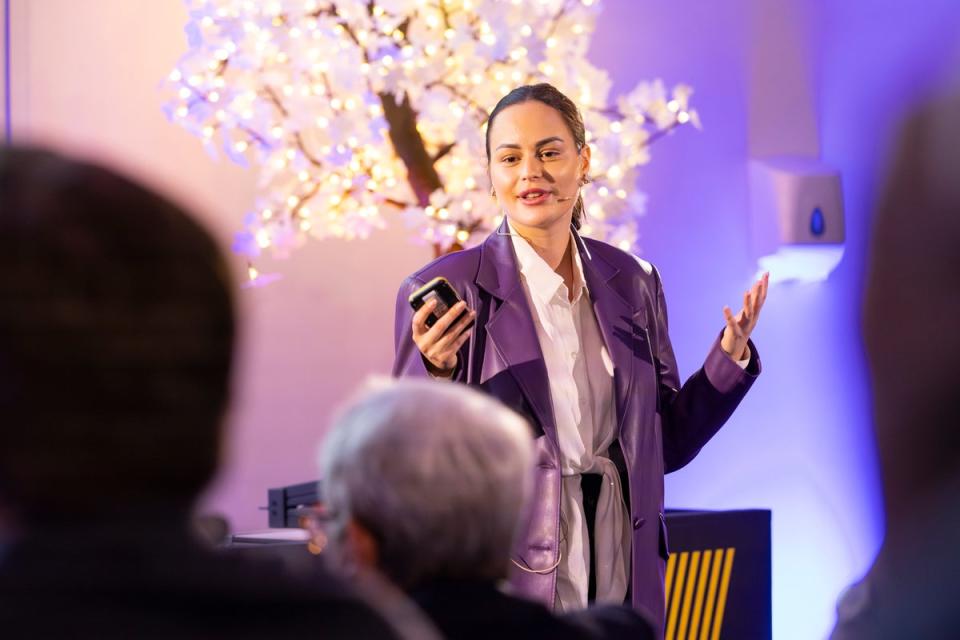London startup Sealeo wins Imperial innovation prize in plan to transform vaccine market

A team of Imperial students seeking to transform the vaccine industry have won a prestigious prize for innovation.
Diana Epel and Emanuele Griccioli, co-founders of sustainable packaging business Sealeo, have developed a novel material that maintains a safe temperature range for medicine for 2.6 times longer than existing products. The pair were winner’s at this year’s WE Innovate, a competition set up by Imperial College to nurture women-led startups, with a prize fund of £30,000.
The World Health Organisation estimates that up to 50% of vaccines are wasted globally amid issues maintaining the temperature-controlled supply chain. Sealeo’s technology can help reduce drug and vaccine spoilage, particularly in remote areas across the less developed world that lack cold storage infrastructure.
Diana told the Standard: “During the coronavirus pandemic the amount of resources spent on the last mile of delivery for vaccines was huge, with much of the product going to waste. We’ve developed a formulation based on widely available polymers that should be able to scale well to help reduce costs of the deployment of medical treatments and increase immunisation coverage, which is the cornerstone of global health.”
Women-led businesses currently receive less than 2% of venture capital funding in the UK. WE Innovate has supported more than 60 women-led startups, which have gone on to raise over £37 million in funding. This year's judging panel included Dame Kate Bingham, former chair of the UK's COVID-19 Vaccine Taskforce.
Epel said she hopes to build the startup into a materials research company and license its technology with pharma companies and logistics businesses who provide last-mile delivery solutions in the healthcare sector.
Sealeo is hoping to launch a pilot in Ghana later this year to test the efficacy of the technology, and has already been in conversations with UN agency UNICEF to find ways to deploy the material as part of its humanitarian aid programme.

 Yahoo Finance
Yahoo Finance 